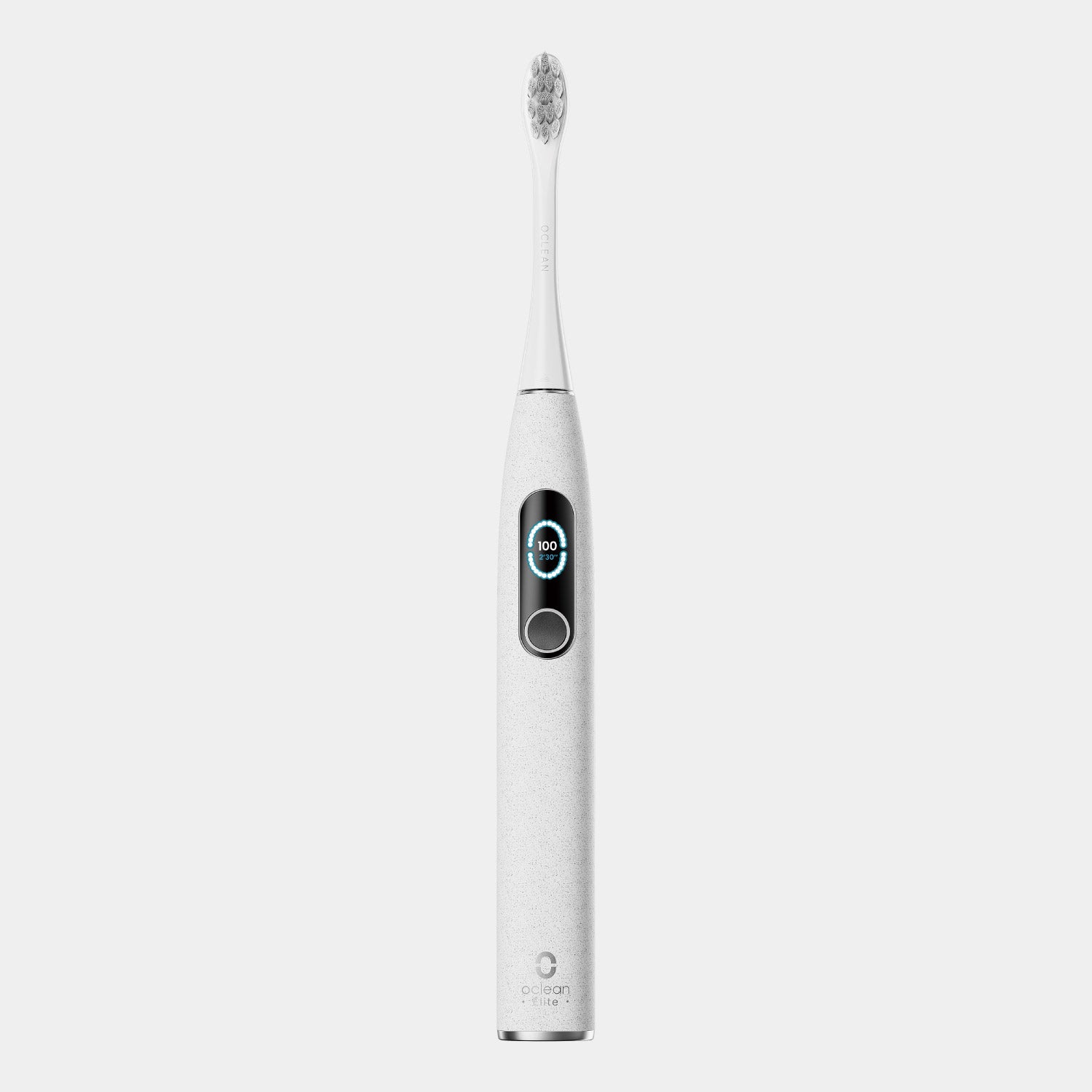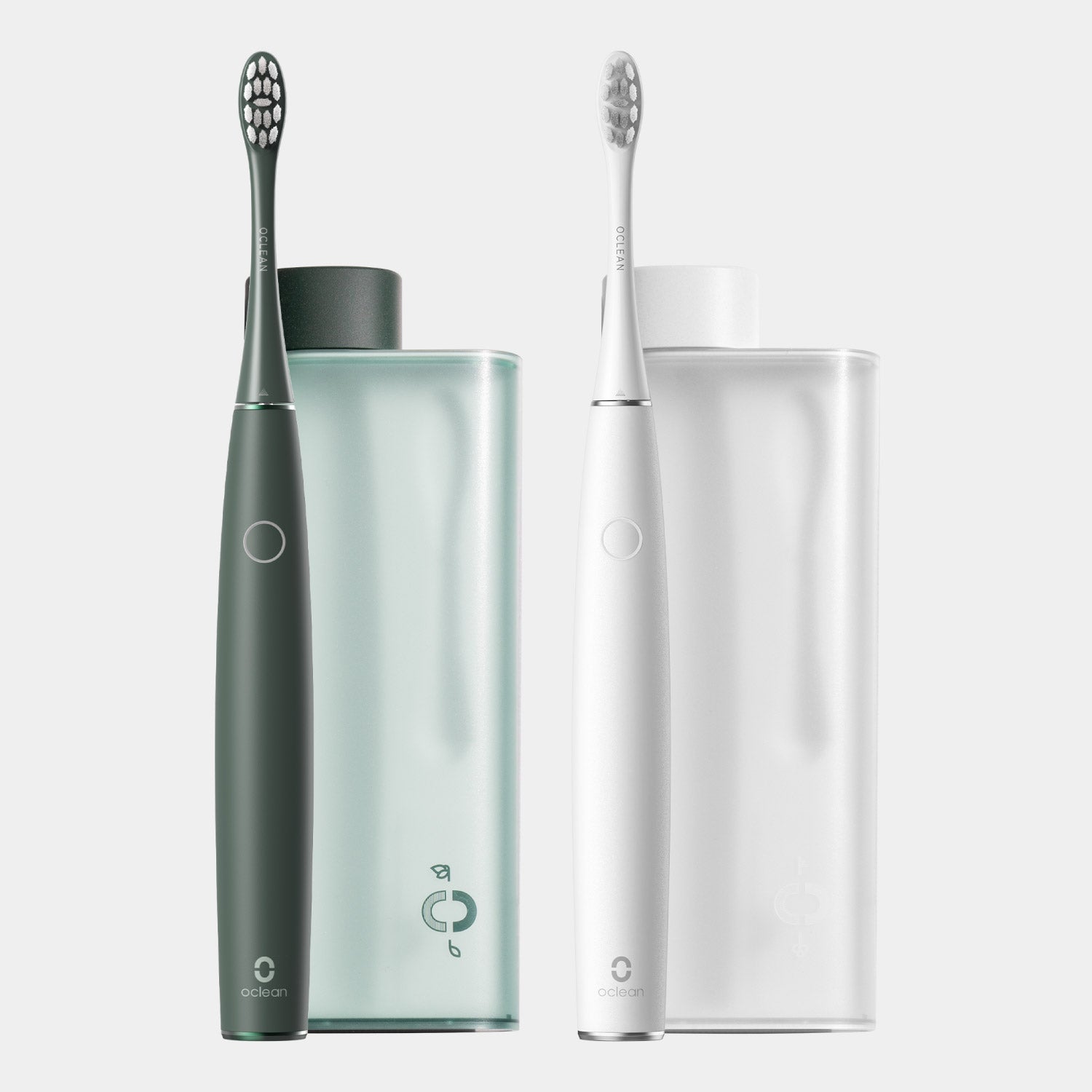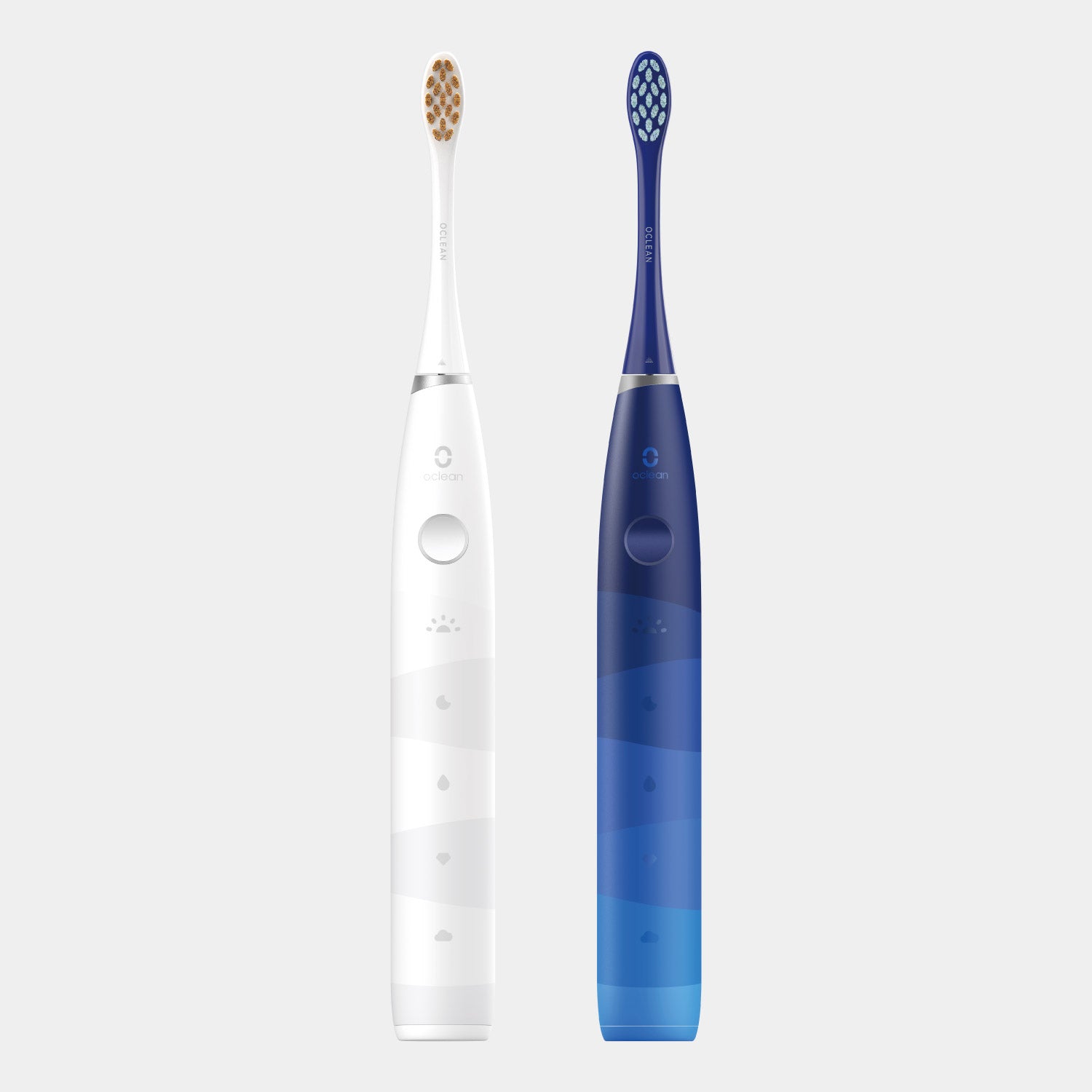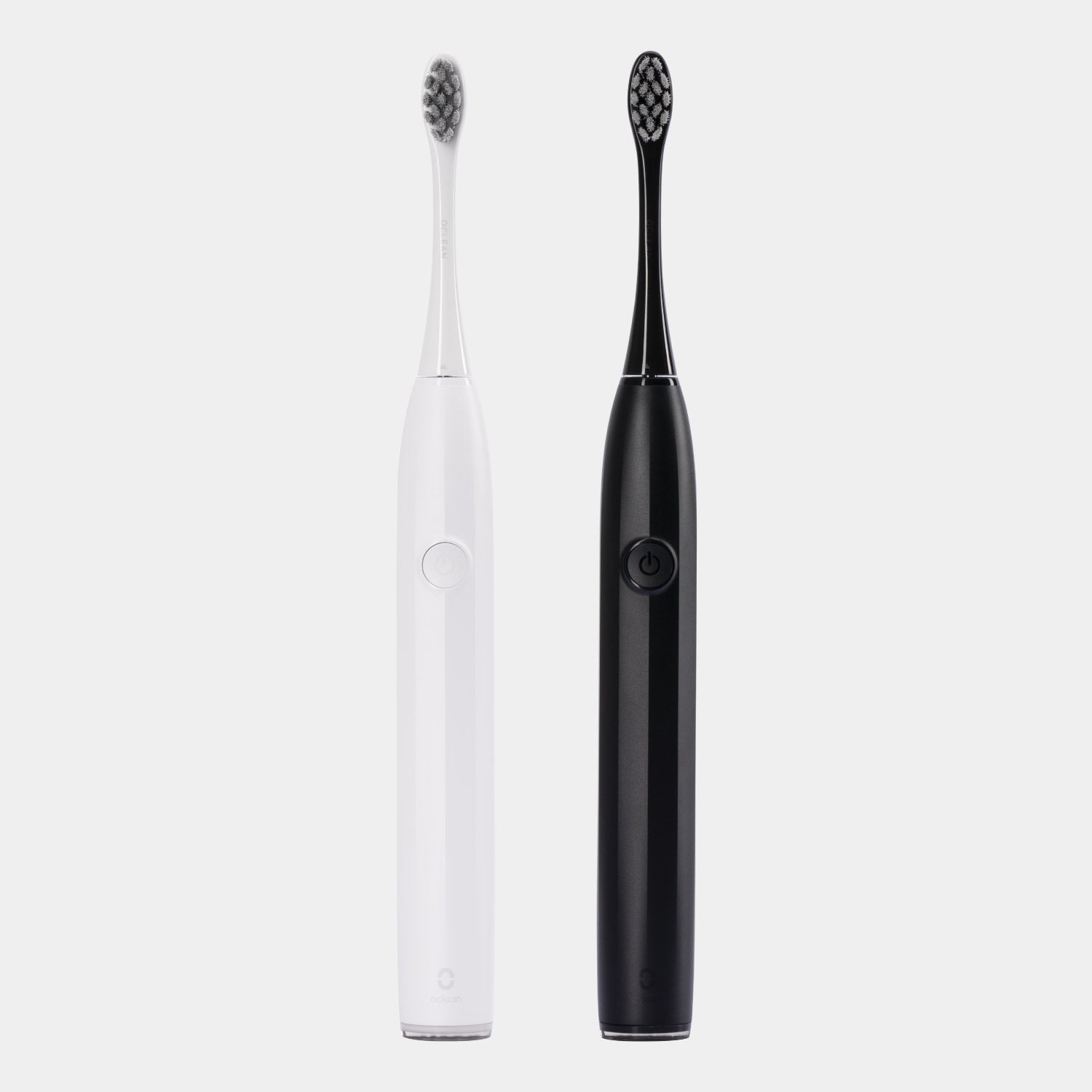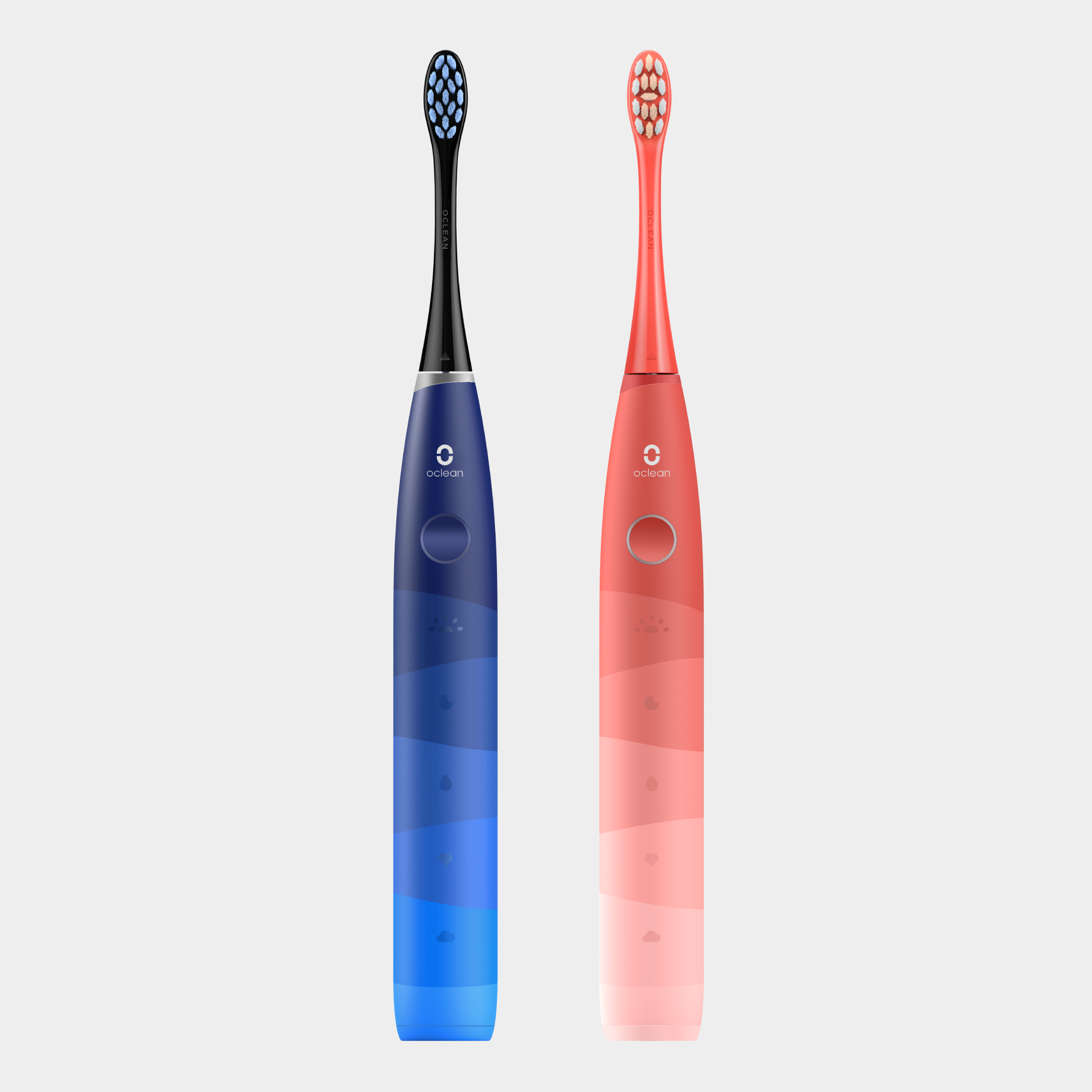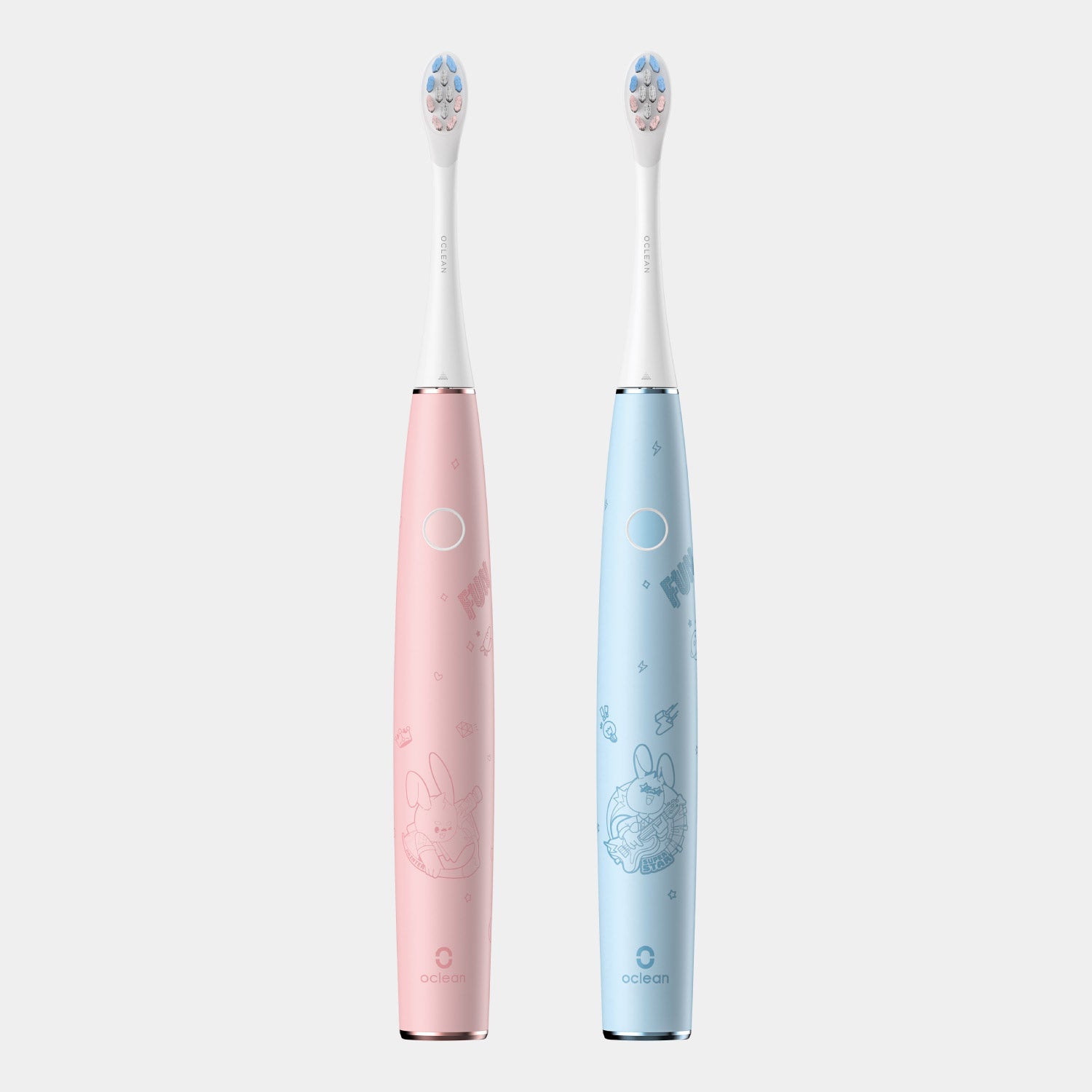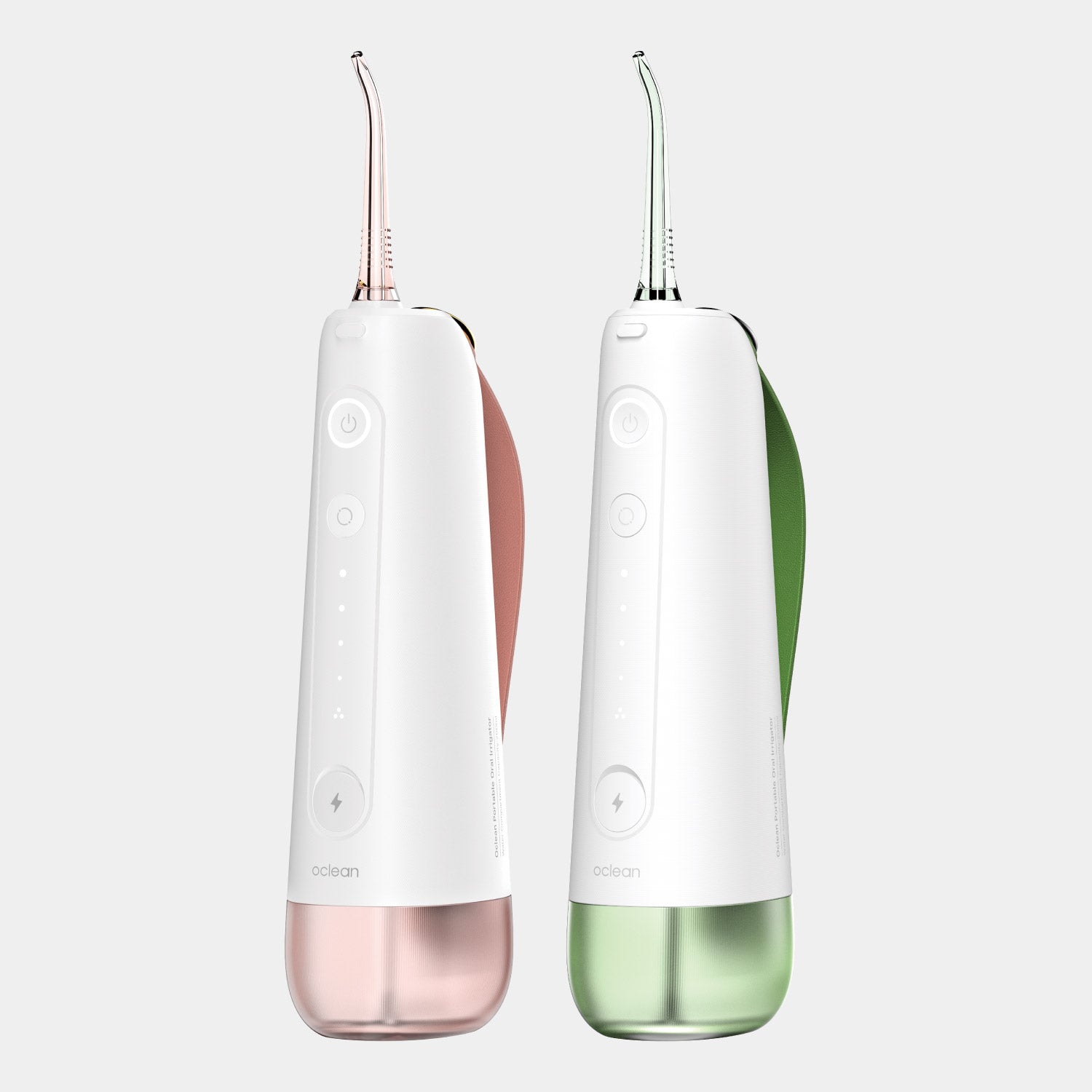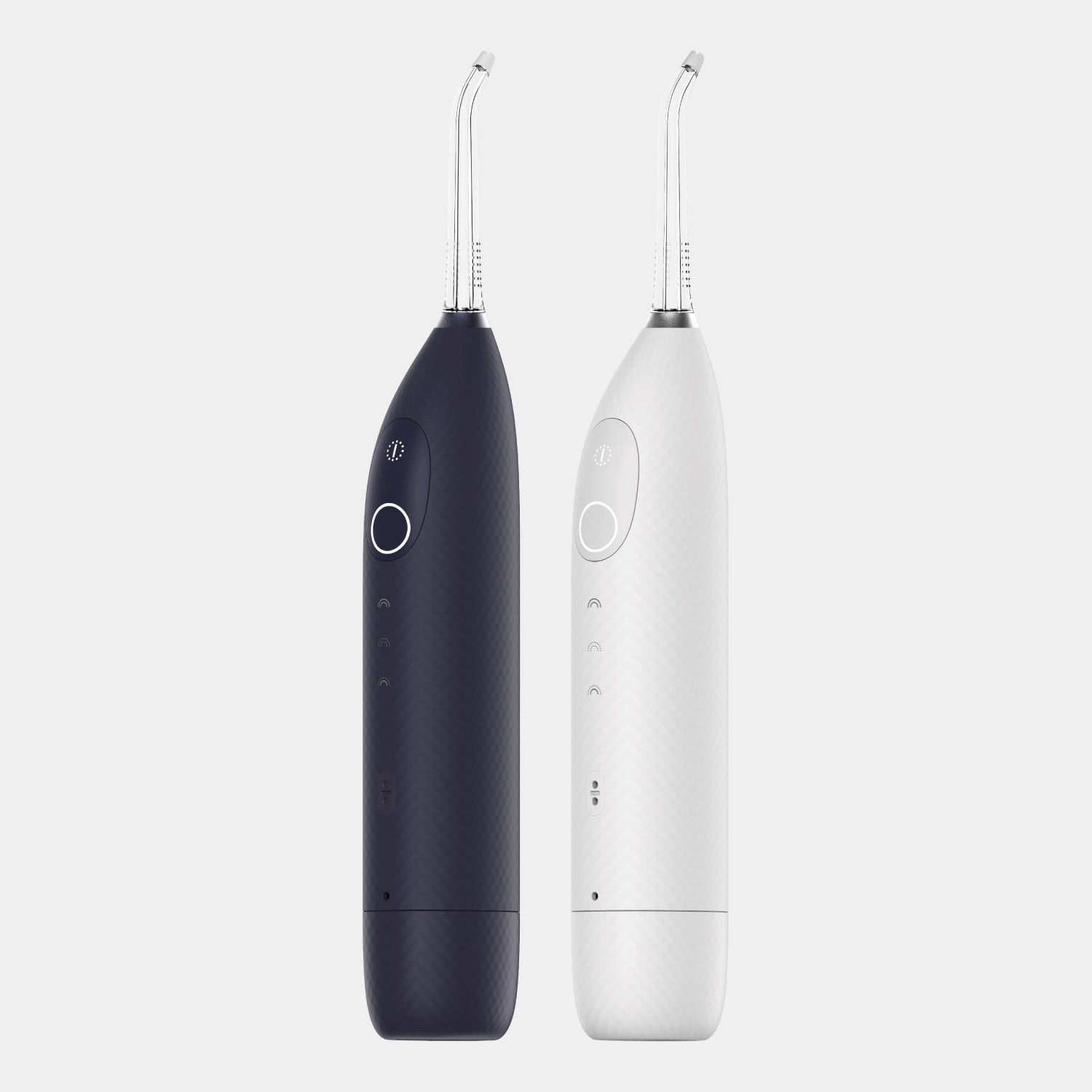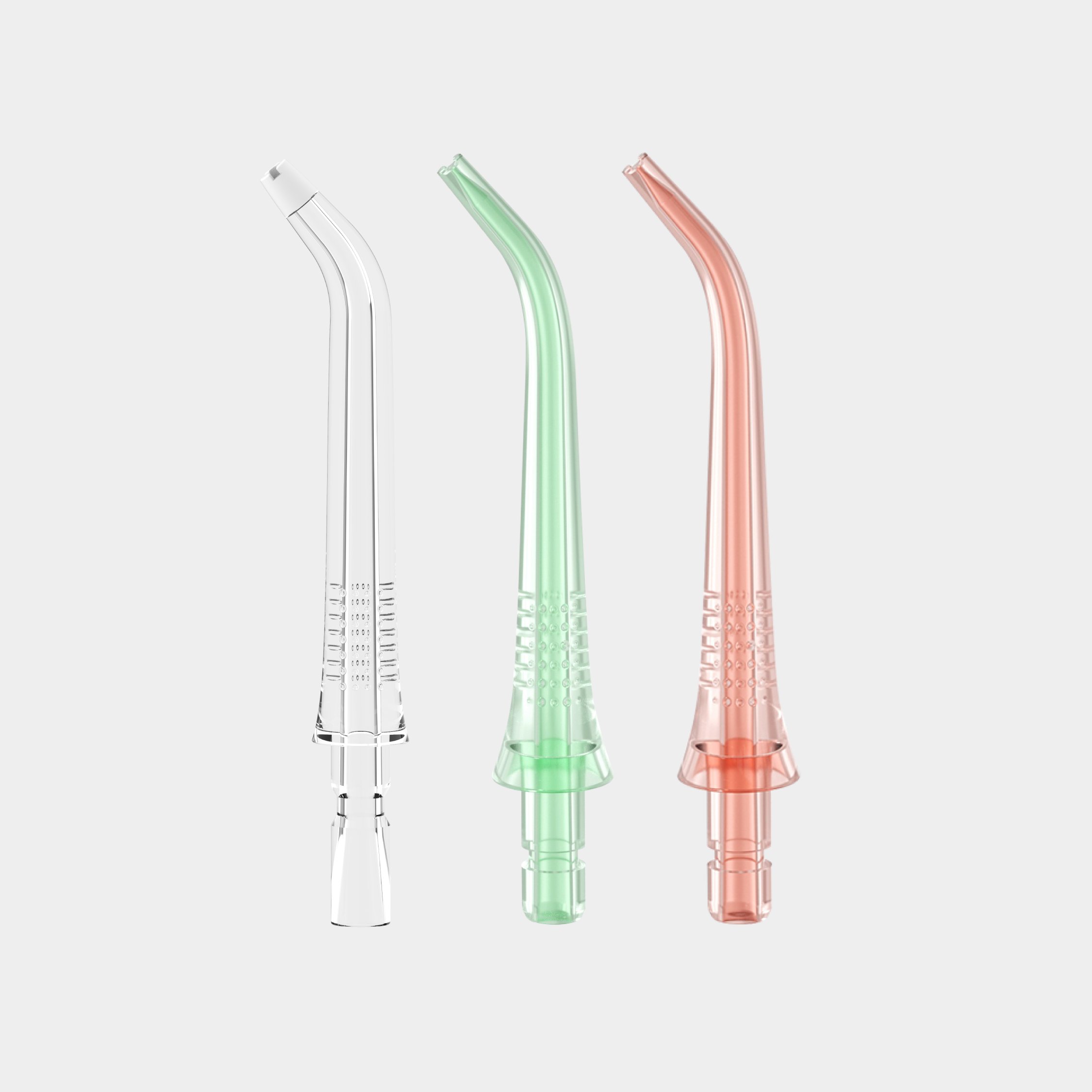Are you looking for answers to "how to ease wisdom tooth pain?" Then you are at the right place. As the third molars emerge, they often create discomfort. This discomfort can present in different forms, from mild to throbbing pain, making it difficult to eat, talk, or even sleep. While some people experience temporary discomfort, others suffer from prolonged inflammation and infections, which require immediate relief.
You can experience wisdom tooth pain due to several reasons. It can be a lack of space in your jaw, impacted teeth pressing against neighbouring teeth, or even infection. Fortunately, you can manage this pain even from the comfort of your home.
This article will provide scientifically proven solutions for the relief of wisdom tooth pain, from home remedies to post-extraction care and prevention.
The Basics of Wisdom Tooth Pain
Wisdom tooth pain is a very common problem that affects many people, usually in their late teenage years or early twenties. These third molars start to grow at the back of the mouth, although they usually do not have enough room in the jaw, which causes pain.
A lack of sufficient space may result in an impacted tooth, which occurs when it is trapped beneath the gums or pressed against nearby teeth – this causes swelling, possible infection, and significant pain.
One of the most difficult issues with wisdom teeth is their gradual growth, which leads to periodic discomfort. The pain can be characterized as constant aches or even sharp, throbbing sensations, which can prove to be troublesome while chewing or opening your mouth.
In some cases, food and bacteria around a partially erupted tooth lead to an infection called pericoronitis, which then causes swelling, difficulty in swallowing, bad breath, and other complications.
If left unattended, pericoronitis can worsen, leading to potential damage to adjacent teeth and abscess formation. The good news is that gum tenderness, jaw stiffness, and redness can be recognized before things worsen and go out of control.
Immediate Relief from Wisdom Tooth Pain
The most important thing during a period of discomfort is to find a reliable source of pain relief.
Cold Compresses
Applying a cold compress to the area is one of the most effective ways of relieving pain due to wisdom teeth. Chilling the body numbs pain as well as swelling. Simply place a clean piece of clothing around the ice and then put it against your cheek for about 15-20 minutes. Repeat this process throughout the day as needed.
Pain Medications
OTC pain meds such as ibuprofen or acetaminophen are absolutely useful for easing any discomfort caused by wisdom teeth. Ibuprofen, in particular, is famous for its anti-inflammatory properties and aids in relieving pain and swelling. Be sure to follow the recommended dose and speak with your doctor about other underlying conditions which might interfere with such medication.
Saltwater Rinse
A clean, warm salt water rinse is another option worth considering for pain relief and maintaining mouth hygiene. Salt can naturally help with infection and thus is very helpful. Combine one-half of the measuring spoon with a glass of warm water and stir before swishing it around the mouth for 30 seconds. Repeating this two to three times a day can help with discomfort while aiding recovery.
Numbing Gels
Numbing gels with benzocaine may be used to relieve severe pains temporarily but should be used based on your dentist's recommendation and do not offer long-term relief. More importantly, these remedies do not treat the symptoms permanently, meaning they need to be monitored constantly, and professional help is needed if the pain persists for an extended duration.
Home Remedies for Wisdom Teeth Pains
When strong pain medications are not an option, home remedies may prove equally helpful. They relieve pain caused by inflammation, numb the area, and stop the infection from spreading.
Clove Oil
Painful inflammation of wisdom teeth can be treated with clove oil, which perhaps is the most well-known home remedy for this problem. Eugenol, an anaesthetic and antibacterial agent, is the most prominent compound found in clove oil.
A cotton ball soaked in a few drops should be placed directly over the hurting area. A tingling feeling will be felt, but the pain should wear off within a few minutes. If it is too strong, these can be mixed with olive or coconut oil to reduce the strength.
Cold or Warm Tea Bag
A tea bag, whether warm or cold, can also serve as a good remedy for wisdom tooth pain. The tannins exhibit anti-inflammatory behaviour, and thus, the tea bag reduces inflammation significantly. All you need to do is put the bag in the fridge for a few minutes and hold it against the inflamed area.
Raw Garlic Clove and Onion
Remedies which show great results are chewing on a raw garlic clove or placing a small piece of onion near the affected tooth. These staples are known for their powerful antibacterial and anti-inflammatory properties. Therefore, placing a lump of onion or chewing on a piece of garlic reduces pain and inflammation.
Peppermint Tea
Peppermint is yet another wonderful option that can alleviate pain from a wisdom tooth. Peppermint tea or peppermint oil is capable of providing mild numbing effects to the body. While warm peppermint tea provides relief from aches and irritation, some drops of peppermint oil rubbed into the gums will provide instant relief.
How to Ease Wisdom Tooth Removal Pain?
Pain and swelling are common following a tooth extraction, and so is discomfort, particularly during healing. If the necessary care measures are in place, the discomfort will subside after a week. It is crucial to take post-operative care to ensure an adequate and quick healing process while avoiding unwanted complications like dry sockets. The good news is that there are very effective methods to ease the pain associated with the removal of wisdom teeth. The techniques mentioned here will help with a smoother recovery.
After surgery, it is critical not to disturb the blood clot that forms over the wound. The blood clot serves as a biological dressing that shields the bone and nerves from the detrimental environment. Avoid drinking through straws, smoking, or forceful spitting, as these create a vacuum that can remove the blood clot.
Effective pain management begins with over-the-counter medication like ibuprofen or acetaminophen. A dentist may provide a prescription for more powerful painkillers if necessary. Medications should be taken strictly to instructions and applied alongside a cold compress on the cheek. These measures combined help reduce discomfort and swelling within the first two days.
What you put in your mouth after the removal of a wisdom tooth is equally as important. Consider eating soft meals such as yoghurt, mashed potatoes, smoothies, and soups that won't disturb the extraction site. Steer clear of hard, spicy, or crunchy foods as they may irritate the extraction site and get stuck in the socket. Maintaining mouth hygiene is just as vital, but instead of brushing around the extraction site, rinse with a gentle salt water solution after a day has passed to avoid infection.
Getting plenty of rest and elevating your head while sleeping can also help reduce swelling and speed up recovery time. The majority of people feel relief after 3 to 5 days, but in the case of extreme pain, heavy bleeding, or any indication of an infection, make sure to contact your dentist from the get-go.
Following these tips will make it easier to manage the discomfort of having your wisdom teeth removed and allow for a smooth recovery.
How to Ease the Pain of a Growing Wisdom Tooth?
A growing wisdom tooth can be a difficult stage to go through because it is often associated with severe pain. Pressure, inflammation, and soreness often accompany the eruption of the tooth. Many people also report pain in the ear, jaw, and surrounding teeth, which can make the simplest task of chewing or talking very uncomfortable. Thankfully, there are several techniques and remedies that can help relieve the pain of a growing wisdom tooth.
Gentle Massage
One simple way of dealing with the pain is by massaging the gums around the tooth. With clean fingers, begin gently rubbing the swollen portion of the gums in a circular motion. This method improves blood circulation and alleviates some of the discomfort. For added comfort, aloe vera gel may be used as it soothes aggravated gums due to its anti-inflammatory properties.
Stay Hydrated
As with any other growth, staying hydrated is of utmost importance. Having enough fluids, especially water, lets you remove any leftover food and bacteria that could potentially infect the tooth. Additionally, sugary and sticky food tends to worsen inflammation and, therefore, should also be avoided.
Soothing Gels
To achieve better pain relief, gels that have benzocaine as an ingredient may be helpful. These gels numb the surfaces and allow you to eat and speak with ease. It is advised however to follow instructions, as excessive application may make the gums more sensitive.
Good Oral Hygiene
Good oral hygiene practices like gentle brushing and flossing may keep the area clean and reduce the pain. A soft bristle electric toothbrush may also help since it allows you to easily clean the back of the mouth without causing further irritation.
If the pain persists for several weeks or gets worse, this may suggest infection or impaction, which will require a dental check-up.
When to See a Dentist?
Although home medicines or gel might soothe the pain temporarily, wisdom tooth pain isn't always something to neglect. If the discomfort becomes annoying and troublesome or is paired with other worrisome signs, a visit to the dental office would be recomended to avoid serious complications.
A week of almost unmanageable pain that persists even with home treatment is a tell-tale sign that you require professional attention immediately. An impacted wisdom tooth, which is prone to being trapped under the gums or growing at an angle, could be the culprit. Impacted teeth can also lead to increasing swelling, infections, and damage to the remaining teeth.
Pericoronitis is a condition characterized by an aggressive inflammation caused by bacteria being entrapped around a partially erupted wisdom tooth. Not addressing this relatively simple problem can have serious repercussions, considering that untreated infections can spread throughout the mouth and jaw.
Excessively painful chewing, extreme bleeding and pus oozing from gum tissues are all symptoms that call for immediate attention. A qualified dentist will determine whether the issue requires a tooth extraction or if antibiotics, along with professional cleansing, will suffice.
Preventative dental appointments are useful for tracking issues associated with the growth of wisdom teeth. If you are having ongoing problems with your wisdom teeth, their removal may be the ideal solution to avoid discomfort and prevent future dental issues.
The Bottom Line
Although wisdom tooth pain can be bothersome to manage, discomfort can be alleviated and maintained with long-term oral hygiene. There are many ways to alleviate wisdom tooth issues at home, such as applying cold compresses, painkiller medications, and home remedies such as clove oil and peppermint tea.
While these remedies will get you through the minimum, maintaining good oral health will most likely prevent unpleasant bouts of wisdom toothaches. Since those wisdom teeth are in the rearmost part of the mouth, they are more challenging to clean with the standard toothbrush, heightening the chance of inflamed gums, bacteria infestations, and cavities.
Due to the advanced sonic technology, ultra-soft bristles, and intelligent cleaning modes, reaching deep areas like the back molars with the Oclean X Pro Elite Sonic Toothbrush is a breeze. This toothbrush provides the deepest clean possible while ensuring that sensitive gums aren't bruised. If used regularly, the possibility of plaque formation and gum inflammation can be reduced significantly, which ultimately helps reduce the pain caused by impacted wisdom teeth.
Taking preventative steps can greatly impact future dental problems, and having the right oral care tools is a great place to start. Take charge of your oral health with the Oclean Sonic Toothbrush and turn a painful smile into a healthy one.



